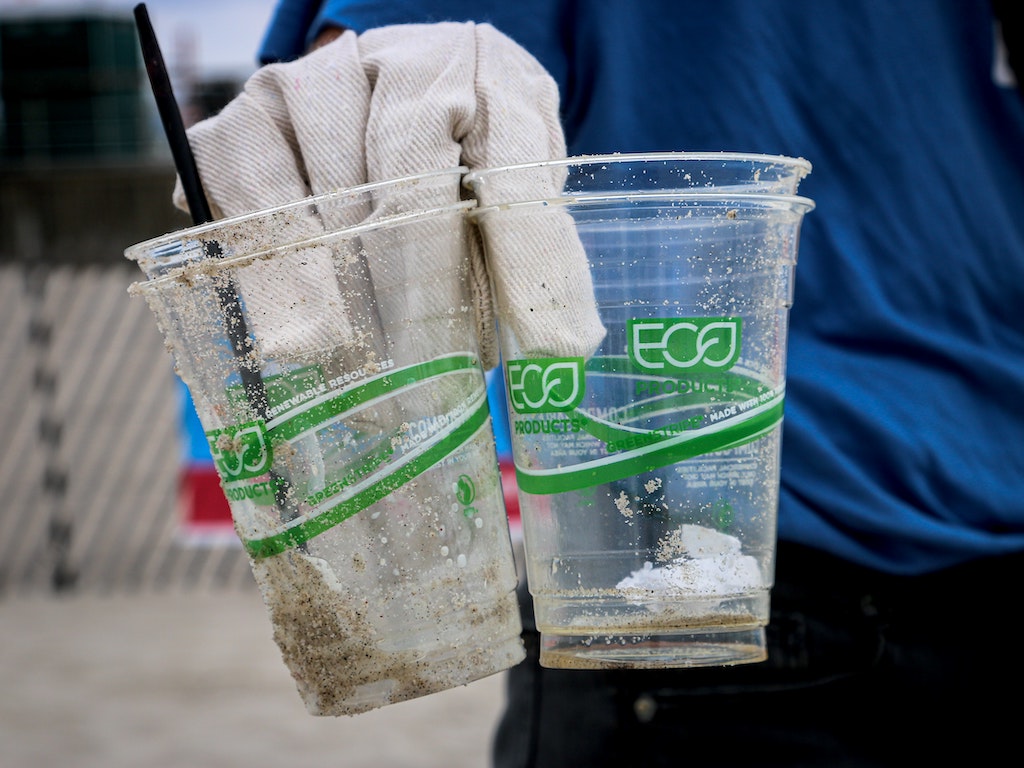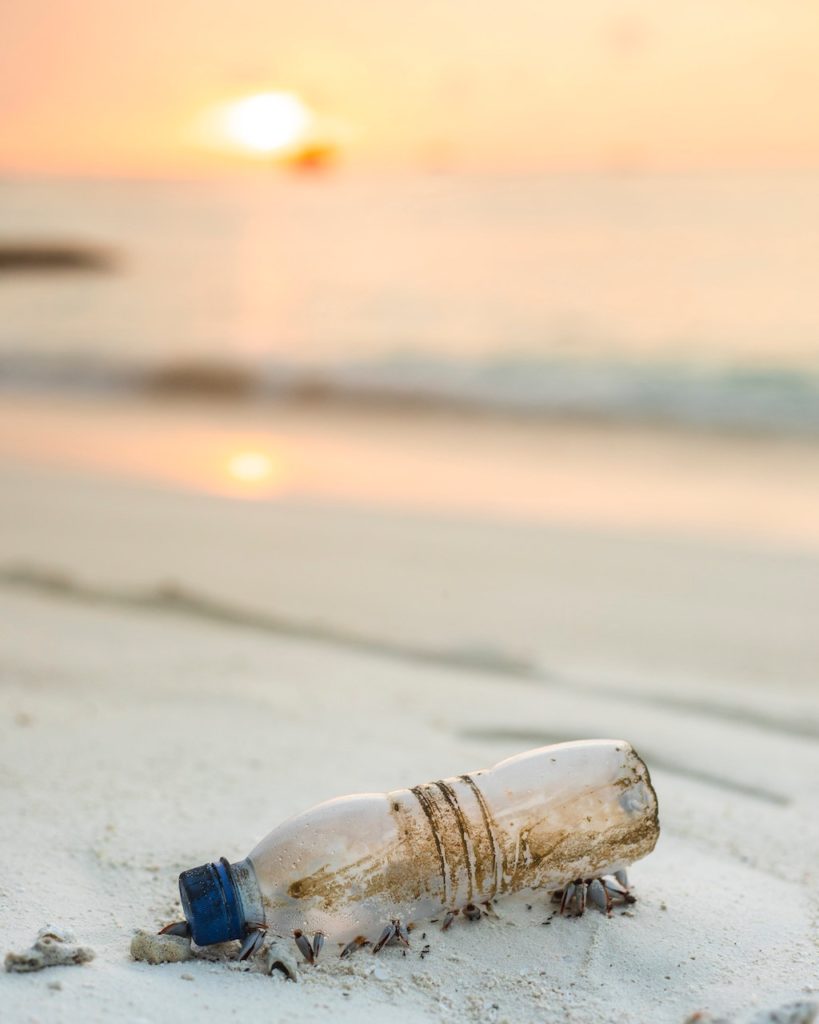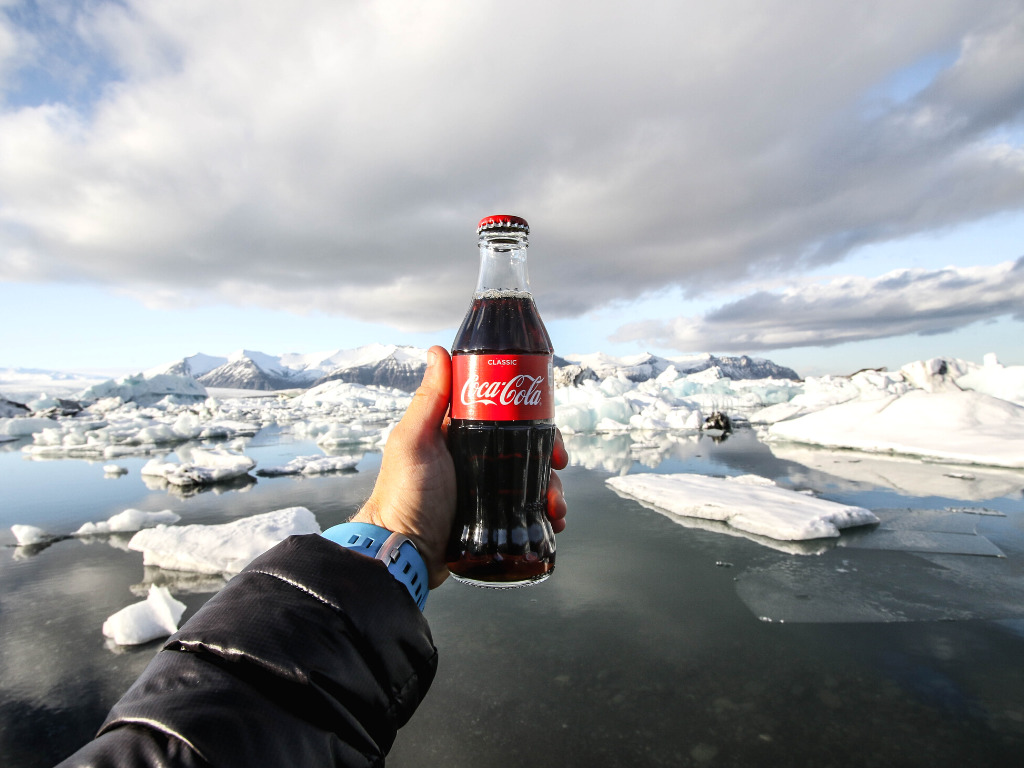Chile’s New Single-Use Plastic Ban Sets a New Bar for Global Waste Initiatives
4 Mins Read
Now in effect across Chile, a single-use plastic ban on cutlery and straws is the beginning of the country’s shift to a full environmental mandate aimed at removing plastic from its waste stream.
The sixth most populous country in South America, Chile is taking its environmental responsibility seriously. Now in effect, the country is rolling out a step approach to plastic removal, starting with Styrofoam takeout containers and cups, single-use plastic straws, cutlery, and some plastic bottles across restaurants and supermarkets.
“The implementation of this law, one of the most ambitious in the world to combat pollution due to the indiscriminate use of plastics, is a milestone in the care and protection of the environment in Chile,“ Environment Minister Marcelo Fernández said in a statement.
According to the Environment Minister’s office, the country produces 23,000 tons of single-use plastic and polystyrene (Styrofoam) waste per year. The country also uses 3.4 billion plastic bags annually—about the equivalent of 200 per person. The Association of Plastic Industries says more than 90 percent of this winds up in oceans. Millions of marine animals die each year from ingesting plastic.
Phasing out plastic waste
Chile’s regulations will step up over the coming years. By August of 2023, the country will mandate returnable bottles in stores and warehouses. By the following summer, restaurants and food counters will have to use recyclable or reusable take-out containers and cutlery.
The ready-to-drink category will need to be compliant with recycled plastic content minimums. Disposable containers will have an increasing component of recycled plastics, which must be certified. By 2025, that amount must be 15 percent. It moves to 70 percent by 2060. Businesses that sell single-use plastic bottles must also offer alternatives such as reusable products.

”Plastic is destroying our lives, they are endocrine disruptors that pretend to be a hormone and cause false stimuli that produce various alterations and cancers,“ Senator Guido Girardi, who chairs the Upper House’s Future Challenges Committee, said during a recent press event.
”It also decreases the fertility of all living beings and of humans. Millions of tons, gigantic quantities that become true islands are falling into the sea and it is a planetary challenge because they are made from fossil fuels, that is, they contaminate twice as much,“ he added.
Plastic bans around the world
A number of countries and municipalities have plastic bans in effect, but they’re mainly on single-use plastic bags.
Kenya leads the world there with a ban on manufacturing, importing, and sale of plastic bags. Violations are punishable with a maximum of four years in prison or a $40,000 fine.
The U.S. now bans plastic microbeads in personal care products. Beads are too small for filtration systems to collect and they can pass into waterways where animals consume them.
France led the way on plastic bans, though, becoming the first country to ban plastic cups, plates, and cutlery. The ban was passed in 2016— a year after it banned single-use plastic bags—and went into effect in 2020.
Chile’s law was announced last year, developed in partnership with two nonprofits: Oceana Chile and Plastic Oceans Chile. The groups had presented a report in 2019 detailing the country’s plastic pollution problem; the report became the base of the law’s language.

“After more than two years of hard work, we can celebrate a great victory for the environment, for Chile, and the entire world,” Mark Minneboo, regional director of Latin America for Plastic Oceans International, said in a press release last year. “This law is ambitious, but at the same time it’s realistic for where Chile stands regarding waste generation and its technical capabilities to make these changes possible.”
The law emphasizes a focus on recyclable and reusable materials as much as it bans offenders. It also requires beverage companies to make efforts to educate consumers about the reasons to opt for reusable bottles.
At the same time, the law promotes the use of recyclable materials by creating a certificate program to distinguish truly compostable plastics and mandating that plastics earning this certificate be clearly labeled. The law also requires beverage companies to educate customers about the importance of reusable bottles and mandates that any establishment selling drinks offer reusable alternatives to single-use plastic bottles.
According to Global Citizen, more than 8 million metric tons of plastic enter the world’s oceans every year. That’s the equivalent of a garbage truck’s worth of plastic being dumped into an ocean every minute of every day.
Chile’s coastline spans more than 4,000 miles—longer than the distance across the entirety of the United States. It borders the South Pacific Ocean; its southern tip, where the Andes mountain range meets the ocean, is vulnerable to extreme weather patterns coming up from Antarctica, which is warming three times as fast as the rest of the world as a result of climate change.
Oceana Chile legal director Javiera Calisto says the law will “change a paradigm, leaving behind a disposable culture by recovering what is reusable.”
Featured image by Jeremy Bishop on Unsplash




